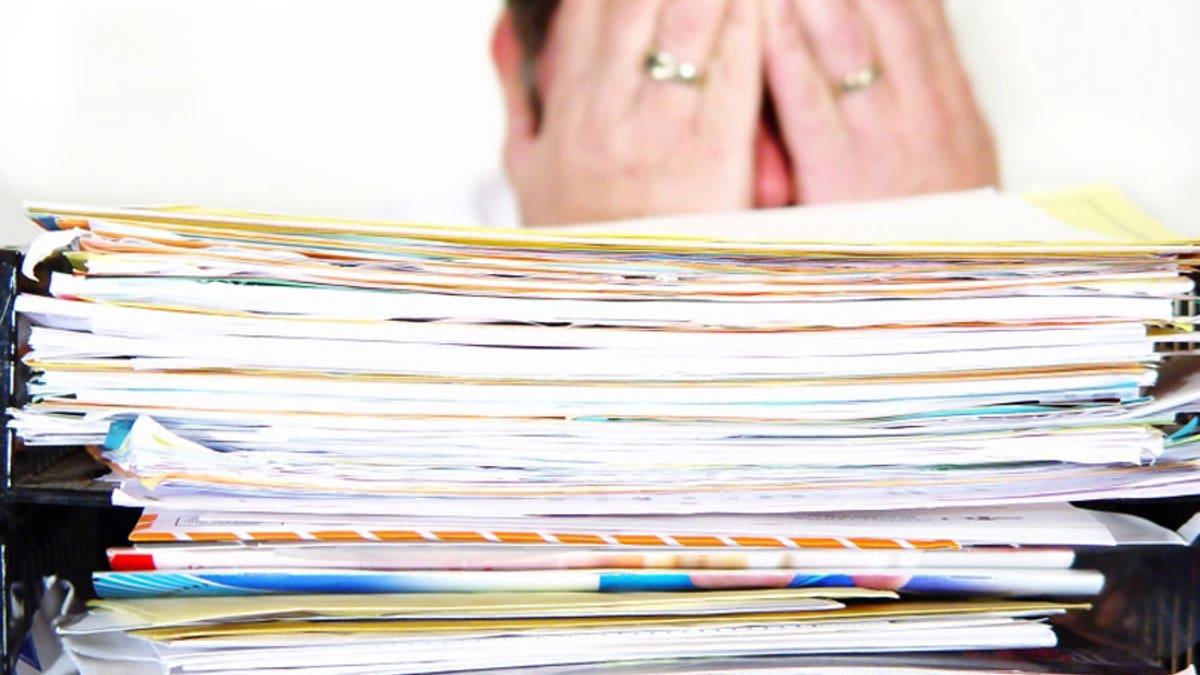
(iStock)
When work (and life) stressors become overwhelming, rather than toughing it out, what you may need is a day off. One survey found that 82 percent of employees admit to taking mental health days, simply to recharge themselves.
The survey, conducted by ComPsych, a provider of employee assistance programs, found that 30 percent of those who took off said they did so because of family or relationship issues, while 20 percent said it was because of workload issues.
It may seem counterproductive to play hooky when you have more work than you can handle, but when you’re feeling super stressed, your work and creativity are likely suffering. Taking a day off can rejuvenate you so you come back as a more effective employee.
Still, you need to save it for when you really need it, since you can only take a mental health day once in a while. Before you take off, make sure you really need one, know how you should ask for the time off, and have a plan for what you’re going to do with your day.
When you need a mental health day. There are four signs that you need a break from work, said Brandon M. Smith an expert in workplace health and founder of www.theworkplacetherapist.com.
1. You’re suddenly not sleeping well or have developed insomnia.
2. You can’t shake last week’s stress. In other words, your level of stress is greater than your current stressors.
3. You’re snippy with your spouse, your kids or your co-workers.
4. You feel a general sense of apathy and don’t care about your work.
How to ask for a day off. Try to schedule your mental health day a week in advance, so your boss and co-workers are prepared. You don’t want to call in that morning, leaving them to put out your fires. Tell your boss that you have some important personal matters to attend to. If you say you’re taking a “mental health day,” your boss might assume he’s stressing you out, or feel resentful and wonder why you get to go play golf or relax when he’s at the office working his butt off.
“I’d caution people saying they’re sick, because if your boss doesn’t believe you, he’ll assume you’re going for an interview,” Smith said. Plus, you have to lie the next day when he asks how you’re feeling. Likewise, don’t post your mental health day activities on Facebook or Twitter. You don’t want your co-workers to know what you’re doing on your day off.
How to spend your day. What you do on your mental health day depends largely on what relaxes you and what’s causing you stress. The goal is to feel less stressed or anxious at the end of the day. But if you’re really stressed out, one day may not be enough. Try to plan your mental health day on a Friday so you can have one day to decompress and the rest of the weekend to enjoy the positive effects of that.
But there are a few things that most people need.
1. Catch up on sleep.
2. Spend the day quietly, sleeping, reading, listening to music or whatever you really love to do. “Most people tend to relax or clean up around the house on their mental health day,” Smith said.
3. If you’re feeling overwhelmed by things that need to be taken care of at home, spending part of the day ticking them off may make you feel better.
4. If you feel disconnected from friends or your spouse, use the time to catch up.
5. Put limits on the work you do. If you’ll feel better checking your email for a half an hour in the morning, than do that, but limit your work time.
Laurie Tarkan is an award-winning health journalist whose work appears in the New York Times, among other national magazines and websites. She has authored several health books, including "Perfect Hormone Balance for Fertility." Follow her on Twitter and Facebook.








































